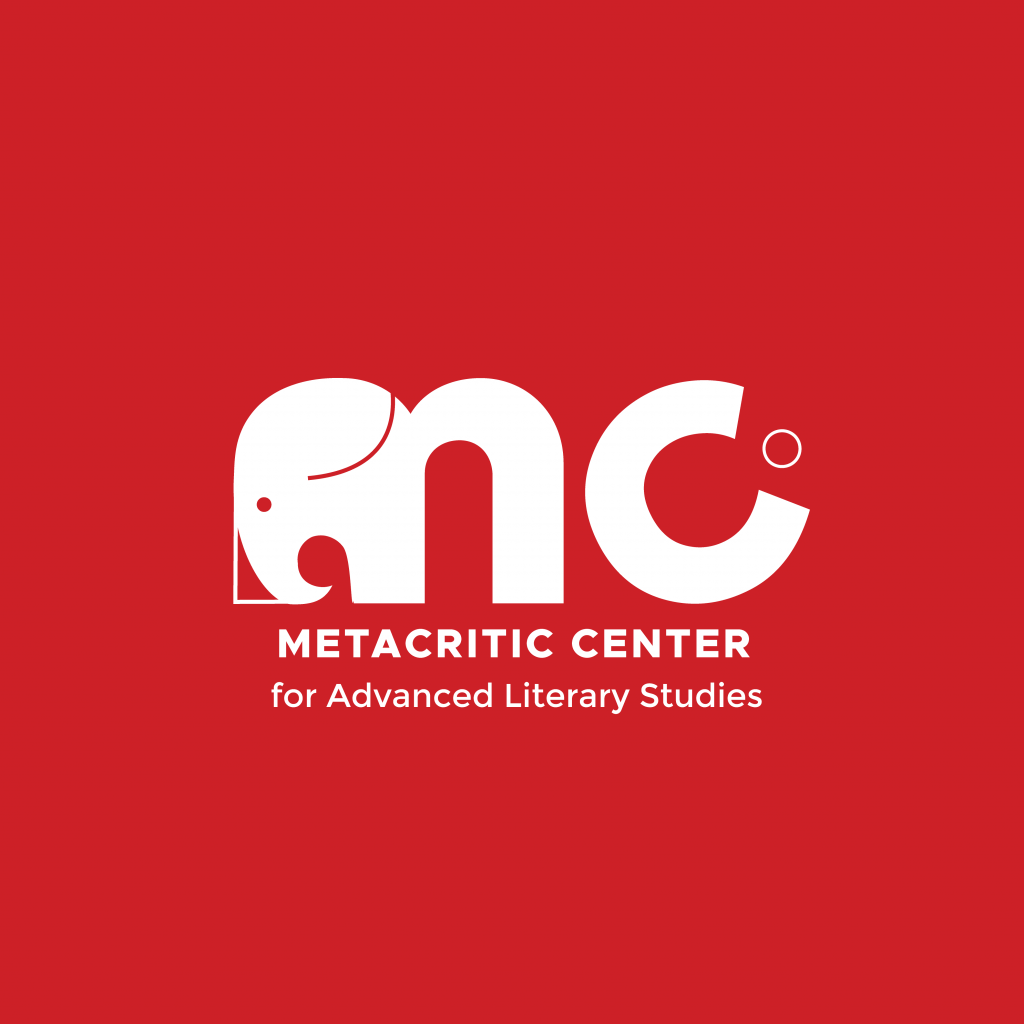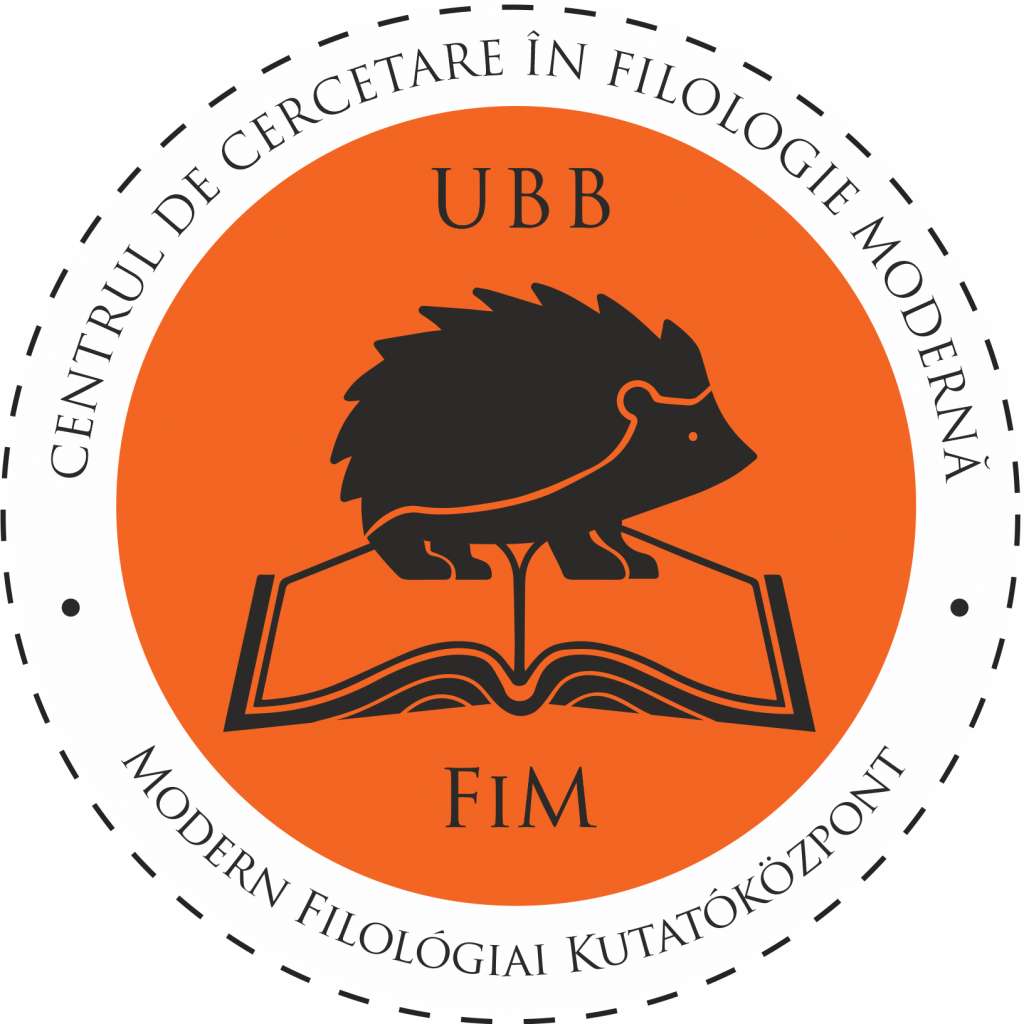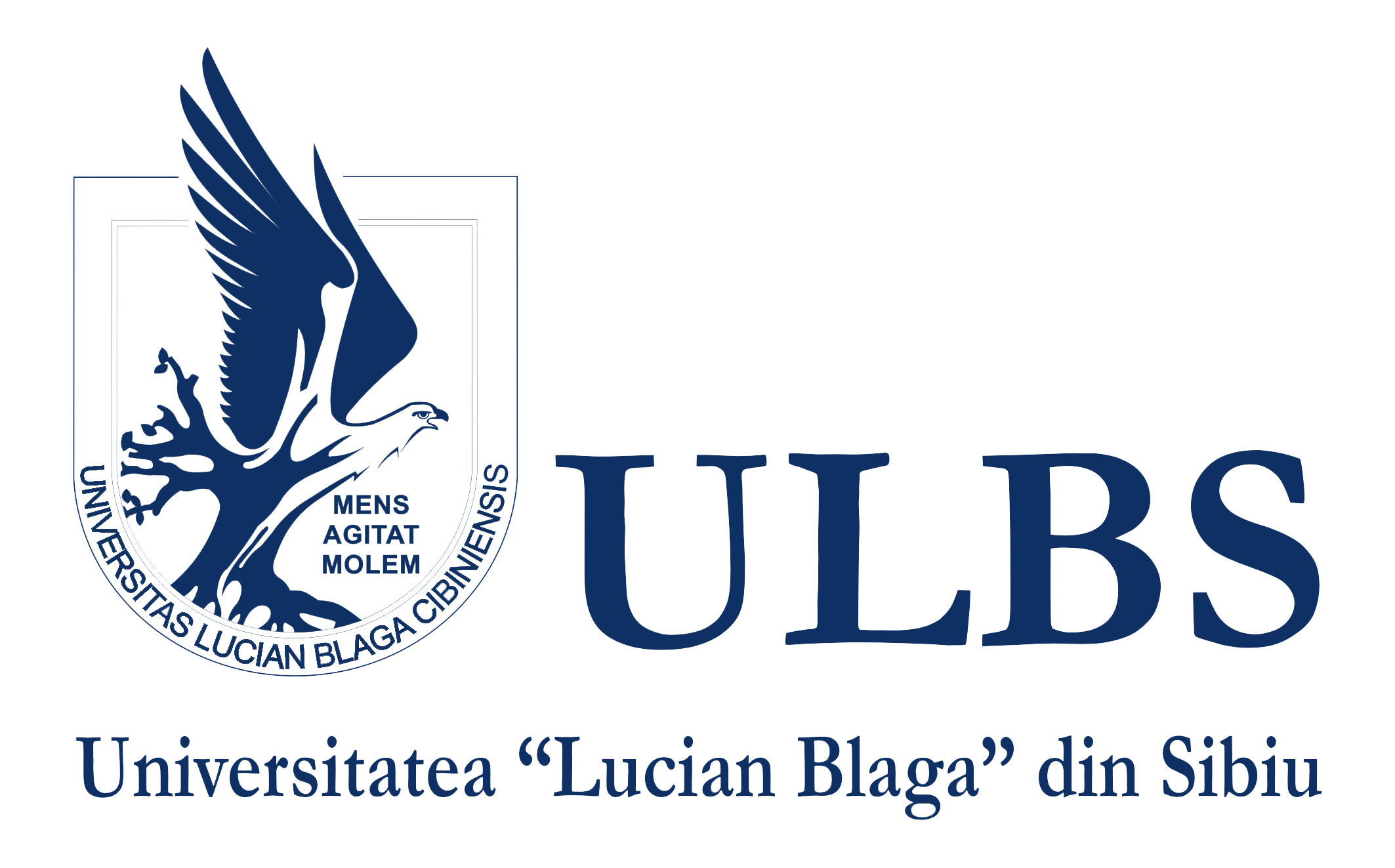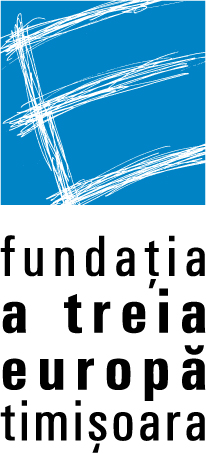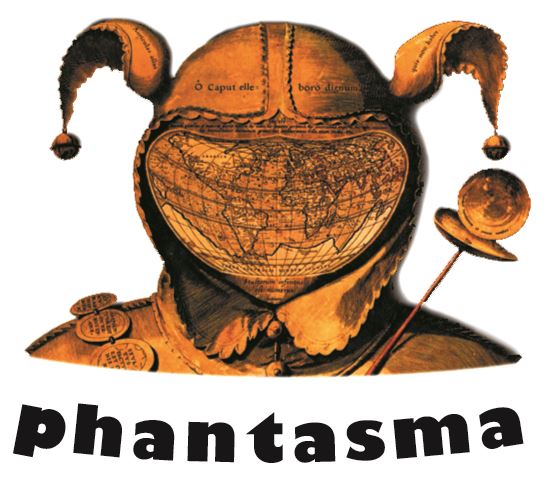PROJECTS/ COLLECTIVE GRANTS
2024 – present : Project funded by the European Union – NextGenerationEU – PRIN 2022 – under the National Recovery and Resilience Plan (NRRP) – Mission 4 Component 2 Call for tender No. 104/2022 of Italian Ministry of University and Research, Project code 20223H7759, Concession Decree No. n.1012 (06.07.2023), CUP D53D23014750006, Literary translation and ‘cultural transfer’ between Italy and Romania: creation of a bilingual digital archive of literary translations from Italian into Romanian and from Romanian into Italian; beneficiary: Università di Torino. Cercetători FiM implicați: Jessica Andreoli.
2023-2026: ELICIT@Global. European Linguistic and Literary CITizenship in a Global Perspective. New Research Directions and Pedagogical Tools for an Ethical Constitution of Texts, nr. RD12318AA833D85C, grant finanţat de Universitatea Sapienza din Roma, derulat la Departamentul de Studii europene, americane e interculturale. Cercetători FiM implicați: Angela Tarantino.
2023 – prezent: TranslAtWar – Literary Translations at War: Mapping World War 2 in Europe (1939-1945), finanțat de European Research Council. Detalii despre proiect pot fi găsite aici : https://cordis.europa.eu/project/id/101052360 și aici: https://www.translatwar-erc.eu Cercetători FiM implicați: Ana-Maria Stan.
PUBLICATIONS
Balazs Imre-Jozsef, Words, Sounds, Images, Theories: the Authors of the Magazine IS in the Context of Dadaism, Titlu volum: Cannibalizing the Canon: Dada Techniques in East-Central Europe, ISBN volum: 9789004526730, Editura: Brill, Tip editura: din străinătate recunoscute, Editor: Oliver I. Botar, An: 2024, Numar pagini: 15, Pagina inceput: 444, Pagina sfarsit: 458, Indexat in WorldCat
Ioana Bot, Letteratura naif: le memorie di guerra di Dumitru Nistor, soldato austro-ungarico di Transilvania, in „Ricerche slavistiche”, 6 (LXVI) 2023 (2024)
Corina Croitoru, Lirica de cătănie a românilor transilvăneni în Primul Război Mondial: o expresie a pacifismului, între lamento și resentiment, în Ioana Bot, Mădălina Agoston (ed.), Literaturi transnaționale în transmisiune directă: Transilvania, Translații, Transgresiuni…, Editura Casa Cărții de Știință, Cluj-Napoca, 2023, pp. 53-68. ISBN 978-606-17-2232-7
Marius Popa, « Pour une morphologie de l’ironie post-humaine: le cas de Michel Houellebecq », Dacoromania litteraria, no 9, 2022, pp. 240-249
ANA-MARIA STAN – Ipostaze și reflectări ale provinciei în paginile Revue de Transylvanie (1934-1945), în Ioana Bot și Mădălina Agoston (edit.), « Literaturi transnaționale în transmisiune directă: Transilvania, translații, transgresiuni… », Cluj-Napoca, Casa Cărții de Știință, 2023, pp. 69-82, ISBN 978-606-17-2232-7
Szabó Levente, Irodalmi középkorkultusz a 19. század közepén (Cultul literar maghiar al evului mediu la mijlocul secolului 19), Korunk 2021. április, 23-33
Adrian Tudurachi, „Geniul limbii române”, 1828-1938. Biografia unui mit fondator, în Vasile Boari (coord.), Cine sunt românii? Perspective asupra identității naționale, Cluj-Napoca, Școala Ardeleană, 2019, p. 562–573. ISBN 978-606-797-399-0
Zabán Márta, Felturbózott terembura és hangrobbanás a Maszat-hegyen túl. Varró Dániel: Túl a Maszat-hegyen 2. Muhi Andris és az ordított világ, Korunk 2024/3. 39–46
Andreoli, Pagine d’archivio. La letteratura romena nei piani editoriali della Casa UTET, in Analele Universității din Bucureşti. Limba şi Literatura Românaă, vol. LXXIII, 2024, pp. 3-25
Asztalos Veronka-Örsike, Becoming lovable – how was the world-famous Ibsen received in Hungary in the 19th century?, Studia UBB Philologia, LXV, 2020/3, 199–210
Bányai Éva, A hybrid rózsa. Transzkulturalizmus Tompa Andrea regényeiben.In: Németh Zoltán, Magdalena Roguska (szerk.): Transzkulturalizmus és bilingvizmus az irodalomban. Univerzita Konstatina Filozofa v Nitre, Nitra, 2018. 233–242
Bartosiewicz-Nikolaev Olga (2024), The Topos of the „Immured Woman” or the Myth of the Construction Sacrifice? The Rehabilitation of the Corporeal Subject in Mihaela’s Moscaliuc Poetic Reinterpretation of the Romanian Folk Ballad The Argeș Monastery , “Slavia Meridionalis”
Hites Sándor, National internationalism in late 19th-century utopias by Mór Jókai, Edward Bellamy, and William Morris, WORLD LITERATURE STUDIES 13 : 2 pp. 69-80, 12 p. (2021)
Kazimierz Jurczak, De la literatură la politică şi înapoi. Maiorescu şi conservatorismul românesc dinsec al XIX-lea (From Literature to Politics and back. Maiorescu and the Romanian Conservatism in the XIX century), [în] Studiile româneşti. Priviri în oglindă, seria Aula Magna, Editura Universităţii de Vest, Timişoara 2017, pp. 23-32
Roberto Merlo, “Stelele și lalelele”: saggio di micromonografia storico-descrittiva di una classe flessiva della lingua romena (I), in Studia Universitatis “Babeș-Bolyai” – Philologia, 3/2020
Tarantino, Ospitare l’altra, in “Ognuno porta dentro di sé un mondo intero”. Saggi in onore di Ayşe Saraçgil, a cura di T. Maraucci, I. Natali, L. Vezzosi, Firenze University Press (FUP), Firenze 2024, pp. 217-234 (DOI 10.36253/979-12-215-0408-8).
Vincze, F., 2024, Dokumentierte Regionalität im Comic: Dokumentation des Banats in rumänischen und deutschen Comics In: An den Rändern der Literatur / Tracing the Edges of Literature : Dokument und Literatur in zentraleuropäischen Kulturen / Documentary Fiction in Central European Cultures. Car, M., Lőrincz, C., Lugarić, D. & Molnár, G. T. (Hrsg.). Wien: Böhlau Verlag, S. 249 261
Mădălina Agoston, The Reception of the Geneva School of Literary Criticism. The Irony of Jean Starobinski in the Romanian Translations, „Dacoromania litteraria”, nr. 9/2022, pp. 100-114
Divile, Cosmin, „Imaginea Americii în literatura de călătorie românească din perioada dejistă” în Limbă, literatură și cultură: abordări contemporane, Oana Fotache Dubălaru (coord.), București, Editura Universității, 2024, pp. 27-38
Andra Gălan, ,,Postùrile lui Nichita Stănescu”, în Vatra, nr. 7-8/2023, pp. 79-83
Anca Chiorean, „Pagini Bizare în Esperanto”, în Curtea de la Argeș, Anul XIV, Nr. 6 (151), Iunie 2023
Ionucu Pop, THE HISTORICO-POLITICAL IMAGINARY IN MARTA PETREU’S RURAL NOVEL, în Gynocritics and the Traversals of Women’s Writing: Intersections of Diverse Critical Essays, editori: Hemant Verma, Ajit Kumar, Rafseena M., Cambridge Scholars Publishing, Newcastle-upon-Tyne, 2024, pp. 90-101. ISBN (10): 1-5275-3021-3; ISBN (13): 978-1-5275-3021-8
Mihai-Cătălin Popa, De la istorie la ficțiune. Memoria în scrierile autoficționale, în „Revista GLOSE”, An IV, nr. 1-2 (7-8), 2022
SCHMIDT, Christinne, „The Complexity of War Experience through the Eyes of a Woman. Queen Marie of Romania: Unfolding Personal and Collective History”, în Adela Cătană, Daniel Moldovan, Andreea-Maria Preda (coord.), Journal of Philology and Intercultural Communication, vol. VII, no. 1, Military Culture and War Experience, București, Military Technical Academy „Ferdinand I” Publishing House, February 2023, pp. 33-44, ISSN: 2558-8478 ISSN-L: 2558-8478 ISSN Online: 2558-9830
